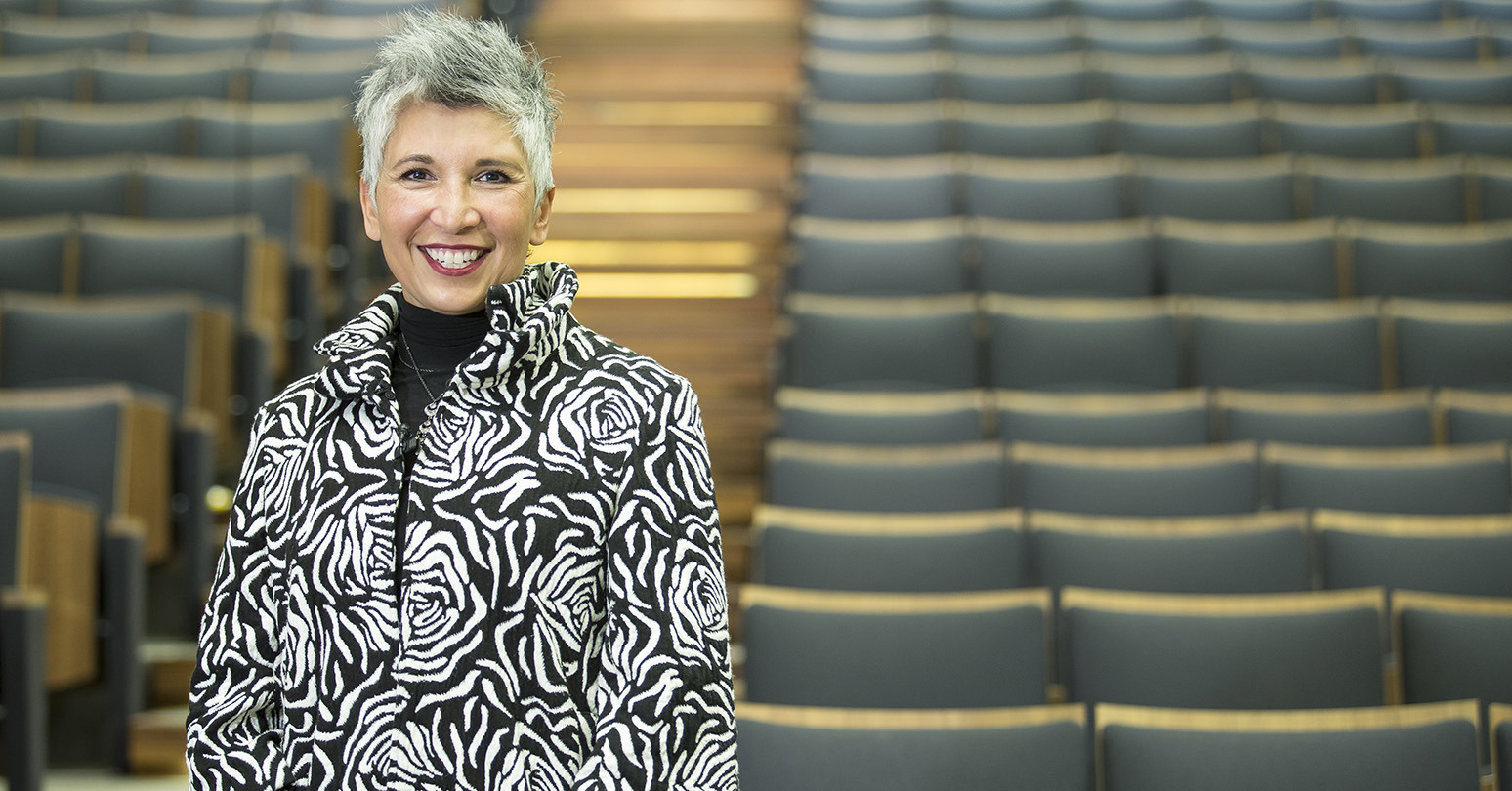Ivey’s growing body of research and collaboration for the circular economy are on display at the World Circular Economy Forum (WCEF). The WCEF, co-hosted this year by the Government of Canada, is the world’s leading event focused on accelerating progress towards the circular economy.
The circular economy connects firms within and across supply chains, so the waste of one organization becomes the feedstock for another. It is the embodiment of sustainable development, because it enables business production and consumption to be contained within the Earth’s planetary limits.
Ivey Professor Tima Bansal gave a keynote presentation in the WCEF session focused on the small- and medium-sized enterprises (SMEs). Bansal is the Chair of the Canadian Council of Academies Expert Panel on the Circular Economy in Canada. Bansal emphasized that SMEs will be critical in the transition to the circular economy because of the fundamental role they play in modern supply chains.
Fortunately, SMEs are more agile than larger corporations, and this agility can help drive transformation towards circularity. Bansal’s remarks drew on findings from Ivey’s innovative circular economy research, which is focused on the emergence of circular processes for materials that would be normally classified as food loss and waste. Led by Associate Professor Jury Gualandris, Ivey’s research has analysed over 50 waste exchanges, predominantly between SMEs in Quebec and Ontario (Canada).
This analysis has identified some of the key success factors for SMEs to take advantage of these exchanges, especially the ‘operational agility’ that firms need to successfully navigate the inherent variability in waste streams – including establishing new partnerships with other firms, and flexibility and innovation in product design. These insights also provide critical lessons for large firms and policy makers seeking to advance circularity.
Ivey’s research program continues to expand its impact and reach, for example, through the recently announced partnership with the City of Guelph’s Our Food Future project.
The WCEF is also showcasing Ivey’s integration of the circular economy into business school teaching. A new Ivey teaching case, co-authored by Gualandris and Associate Professor Deishin Lee, looks at HP Canada’s development of a circular supply chain for plastics. The HP Canada case, also developed in partnership with Lavergne Groupe, is being featured as part of the WCEF’s virtual showcase.



